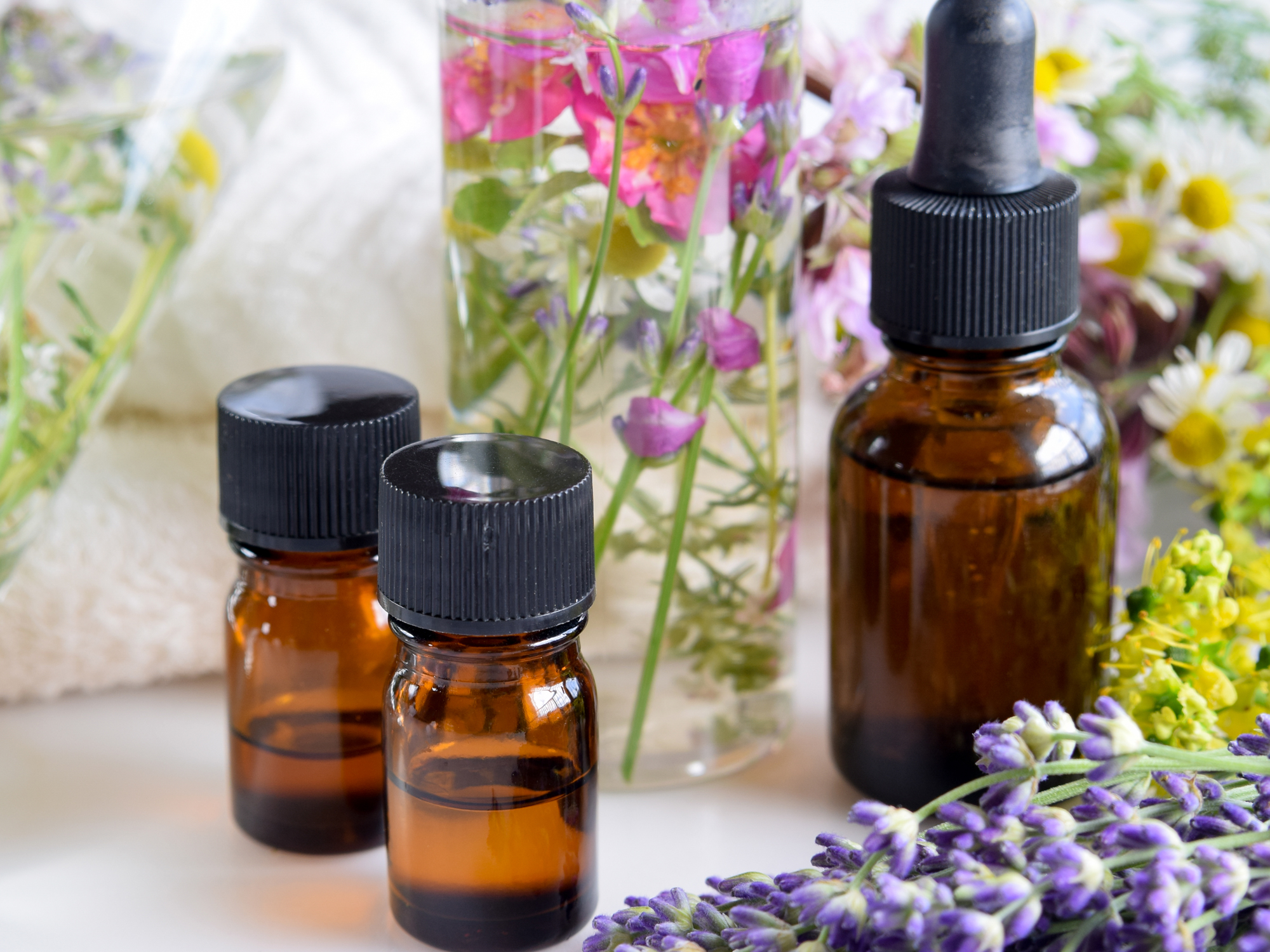Get Easy Health Digest™ in your inbox and don’t miss a thing when you subscribe today. Plus, get the free bonus report, Mother Nature’s Tips, Tricks and Remedies for Cholesterol, Blood Pressure & Blood Sugar as my way of saying welcome to the community!
The essential oil solution to air pollution

It’s empowering to feel like your health is in your hands. That’s why you eat healthy, exercise and take health-boosting supplements. But there are some things you can’t control…
Like air pollution. You’re exposed to it daily. And it puts your health in jeopardy. Breathing polluted air increases your risk of heart disease, asthma and diabetes. It’s also a leading cause of cancer.
Of course, you’re not completely powerless against air pollution. You can try to avoid it by moving to the country. Or by only leaving your house when the air quality index is good. But those solutions aren’t very practical.
Fortunately, there is a simple and practical way to save yourself from the negative effects of air pollution… using essential oils.
Essential oils have become very popular — and rightly so. It turns out that the right essential oil can counteract the damage air pollution does to your body… and science proves it.
The fine particles in air pollution cause inflammation in your body… especially in your lungs and liver. They’re also known carcinogens. But a recent study published in the journal Environmental Chemistry Letters revealed that compounds in certain essential oils can reduce the inflammation caused by breathing in these fine particles.
These compounds, known as phenylpropanoids, act as antioxidants and have amazing anti-inflammatory powers. Researchers put these powers to the test by applying them to liver and lung cells damaged by fine particle air pollutants. They found that these compounds lowered levels of two pro-inflammatory cytokines (proteins your body releases when it’s inflamed) by 87 percent and 96 percent.
This is a pretty monumental discovery. Especially since it’s the first time scientists have found evidence that compounds in natural essential oils can counteract inflammation from polluted air. The compounds researchers tested were:
- Transanethole (found in anise and fennel oil)
- Estragole (found in basil oil)
- Eugenol (found in clove bud oil)
- Isoeugenol (found in ylang ylang oil)
But even though it’s the first time researchers have proven that essential oils can counteract inflammation from polluted air, it isn’t the first time they’ve noticed the anti-inflammatory effects of essential oils in general…
In 2010, Japanese researchers discovered that essential oils can suppress an inflammatory enzyme known as COX-2 in the body as effectively as resveratrol. These researchers tested six essential oils—thyme, clove, rose, eucalyptus, fennel and bergamot. All of the oils suppressed COX-2 to some degree. But one stood out from the pack—thyme reduced COX-2 levels by a whopping 75 percent. COX-2 is one of two inflammatory enzymes that inflammation-reducing pain relievers are designed to douse.
So it may be time to invest in an essential oil diffuser to fight inflammation caused by air pollution… or anything else for that matter. Just add a few drops of oil to your diffuser, and breathe in the anti-inflammatory magic. You can also apply essential oils directly to your skin to protect yourself on-the-go. But most essential oils need to be diluted with a carrier oil like sweet almond oil, sunflower oil or olive oil before you apply them topically… otherwise they may irritate your skin.
Sources:
-
“World Health Organization: Outdoor Air Pollution Causes Cancer.” The American Cancer Society. http://www.cancer.org. Retrieved August 23, 2016.
-
“Air Pollution.” National Institute of Environmental Health Sciences. http://www.niehs.nih.gov. Retrieved August 23, 2016.
-
Miriana Kfoury et al. “Essential oil components decrease pulmonary and hepatic cells inflammation induced by air pollution particulate matter.” Environmental Chemistry Letters (2016).
-
Hotta, R. Nakata, M. Katsukawa, K. Hori, S. Takahashi, H. Inoue “Carvacrol, a component of thyme oil, activates PPAR-gamma and suppresses COX-2 expression.” Journal of Lipid Research.












